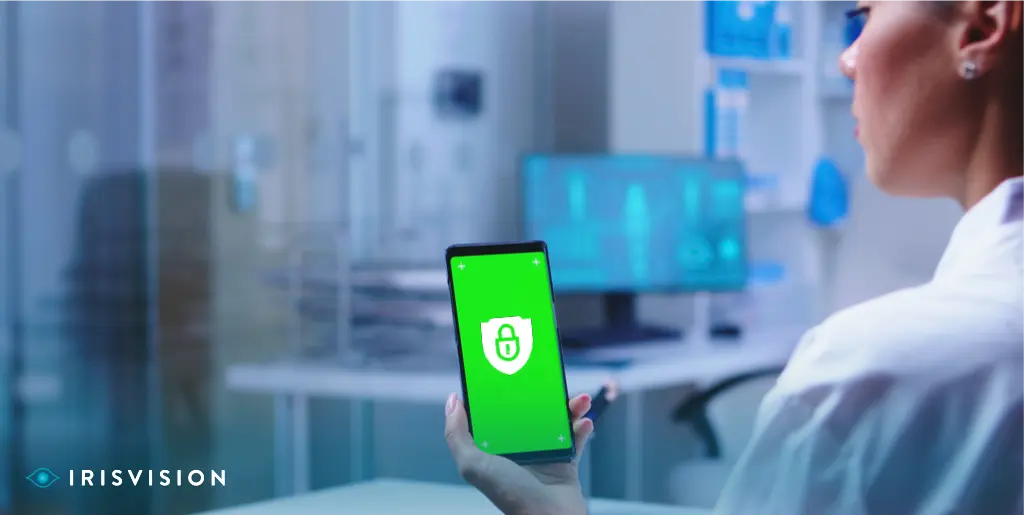
#LIVE2.0 #Review
Health Insurance Portability and Accountability Act commonly known as HIPAA Regulations is federal law that focuses on safeguarding the privacy and protecting sensitive patient health information.
Passed in 1996, the United States Department of Health and Human Services (HHS) issued the HIPAA Privacy Rule whereas the HIPAA Security Rule protects a subset of information covered by the Privacy Rule.
HIPAA regulations have two main purposes, first to provide regular health insurance coverage for people who fall under the cyclical unemployment which in result reduces the cost of healthcare and the second aims to counter acts of abuse, fraud and waste in health insurance and healthcare delivery. Both these purposes serve the bigger goal of improving access to long-term care services and health insurance.

These regulations were put into practice to establish the legal groundwork for the protected health information (PHI). The Department of Health and Human Services (HHS) is the responsible entity that regulates compliance, whereas the Office for Civil Rights (OCR) enforces the compliance and is also responsible for investigating HIPAA violations.
Protected Health Information can be defined as anything or any piece of information that contains your Personally Identifiable Information (PII) and your health information.
It is the combination of an individual’s identifying information i.e. name, address, contact details as well as health information such as medical records or insurance information.

Similarly ePHI which falls under the HIPAA Security Rule stands for (electronic protected health information), and is applicable when health information is shared, stored, or accessed electronically.
Though HIPAA is important for various reasons, its key objective is to ensure the privacy and confidentiality of any and every individual’s sensitive information.
It also provides patients with access to their respective healthcare data while also ensuring its security and safety. Through these regulations the aim is to reduce fraudulent activity while simultaneously improving data systems.
For organizations and healthcare service providers, HIPAA serves as a framework that safeguards access to health information, by specifying who can view, share or who is restricted from accessing or sharing such sensitive information.
The organization dealing with PHI or subcontractors and any other related business associates must have physical security measures intact to be fully compliant.
These regulations are aimed at protecting individuals and providing them with direct access to their personal medical records along with highlighting different rules and measures for any individual or organization that creates, stores, transmits or uses health information.
Organizations and healthcare entities through these regulations will be accountable and will be required to manage health information in complete compliance with the regulations of the HIPAA law.
Efficient processing of health care claims, and reducing excessive paperwork will contribute towards improved business and systems and has the potential to save billions of dollars of taxpayers money, and will contribute towards improved service to providers, insurers, and the public in general.
Administrative requirements: Rules to ensure that the incorporated patient data is correct and accessible to authorized parties and requires formal privacy procedures in a written document.
Physical security requirements: Rules to help organizations prevent physical theft and loss of devices containing patient information.
Technical security requirements: Measures that protect networks and devices from data breach:
Under the HIPAA Privacy Rule any healthcare data breach, or failing to provide patients access to their PHI, could result in a fine from OCR. Though the penalties vary based upon the severity of the infraction, the four main categories are:
Though there isn’t any no official HIPAA compliance certification, several training companies as well as learning and development training courses offer certification credentials that indicate if an individual has a proper understanding of the rules and regulations specified in the act.
Corporations and companies however can opt for HIPAA compliance training programs where OCR as a direct stakeholder offers guidance through educational programs on complying with privacy and security rules.
Healthcare providers and organizations have the liberty to create and design their own training programs, which focus on the organization’s current HIPAA privacy and security policies, mobile device management (MDM) processes and other applicable guidelines.
Support
See and Connect Today!
IrisVision Global, Inc.
5994 W. Las Positas Blvd, Suite 101
Pleasanton, CA 94588
Email: [email protected]
Support: +1 855 207 6665
Support
See and Connect Today!
IrisVision Global, Inc.
5994 W. Las Positas Blvd, Suite 101
Pleasanton, CA 94588
USA Email: [email protected]
Support: +1 855 207 6665
Support
See and Connect Today!
IrisVision Global, Inc.
5994 W. Las Positas Blvd, Suite 101
Pleasanton, CA 94588
Email: [email protected]
Support: +1 855 207 6665